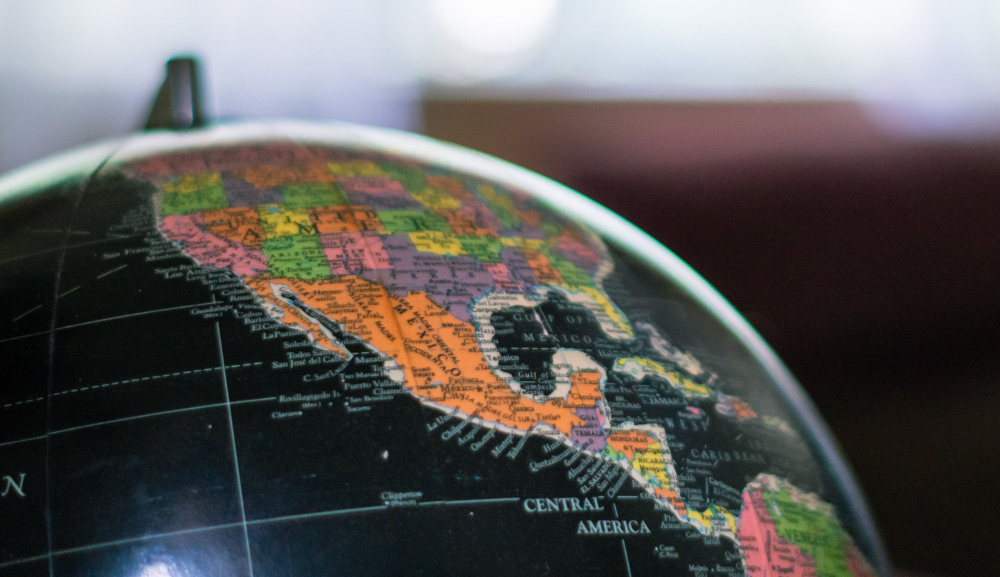A subsidiary of a Canadian cannabis company has received the first license to develop hemp operations from Mexican health authorities, but a legal framework that would underpin the industry has yet to be put in place.
Mexico’s Federal Commission for the Protection against Sanitary Risks (COFEPRIS) issued the first-ever authorization for the cultivation, processing, and commercialization of hemp to Xebra Mexico (Desart MX, S.A. de C.V.), a part of Xebra Brands Ltd., Vancouver, after a long legal battle.
Xebra Mexico applied for a license in 2018 after hemp became legal in 2017 under an amendment to the country’s General Health Law, but COFEPRIS at the time turned back the application because the legislation allowed only the “commercialization,” import and export of hemp but not cultivation and processing.
High court ruling
The company took the health agency to the Mexican Supreme Court over the licensing and received a positive outcome when the court ruled last summer that prohibiting the cultivation and processing of cannabis containing less than 1% THC for industrial uses violates the constitutional right of freedom to work.
The court said Xebra’s testimony showed that hemp is safe for human consumption, and therefore should be treated as any other agricultural commodity, and ruled that since the commercialization, import and export of hemp are expressly allowed under Mexican law, all other activities in the hemp production chain must also be allowed.
While COFEPRIS objected to the high court ruling because the agency does not yet have a regulatory framework in place for the entire production chain, a separate federal court later ratified the high court’s ruling and ordered COFEPRIS to issue the license to Xebra Mexico.
Xebra Brands, which is listed on the Canadian Securities Exchange (OTC), is headed by Mexican businessman Rodrigo Gallardo, President and CEO.
Legal but unregulated
While the court battles have now led to binding caselaw that legalizes all hemp production operations in Mexico, observers say it will be more than a year before legislation to regulate marijuana and hemp is enacted. Such a law has been floating around in the Mexican legislature for several years after the Mexican high court nearly five years ago ordered the end of prohibition on the personal possession and cultivation of cannabis.
Lawmakers have proposed but not yet created the Mexican Institute for Cannabis Control, a decentralized body under the Ministry of Health that would be responsible for issuing licenses, overseeing the country’s hemp and marijuana programs, and promoting cannabis-themed public education campaigns.
In addition to establishing licensing for all players in the industry, proposed provisions yet to be enacted would create social justice programs for small growers and communities affected by cannabis prohibition. Under one draft provision, 40% of licenses granted in the first five years would go to indigenous communities and others who have suffered under criminal drug laws.

